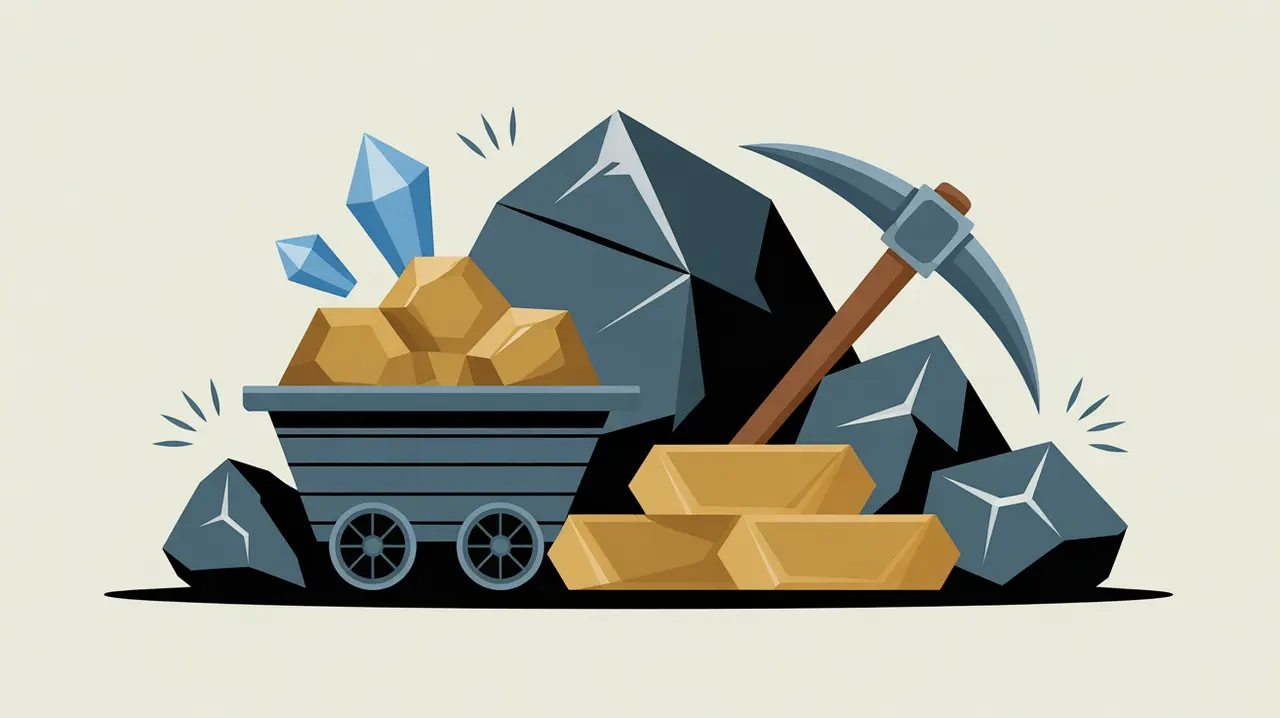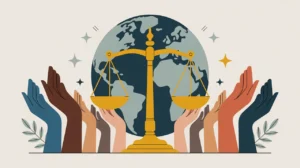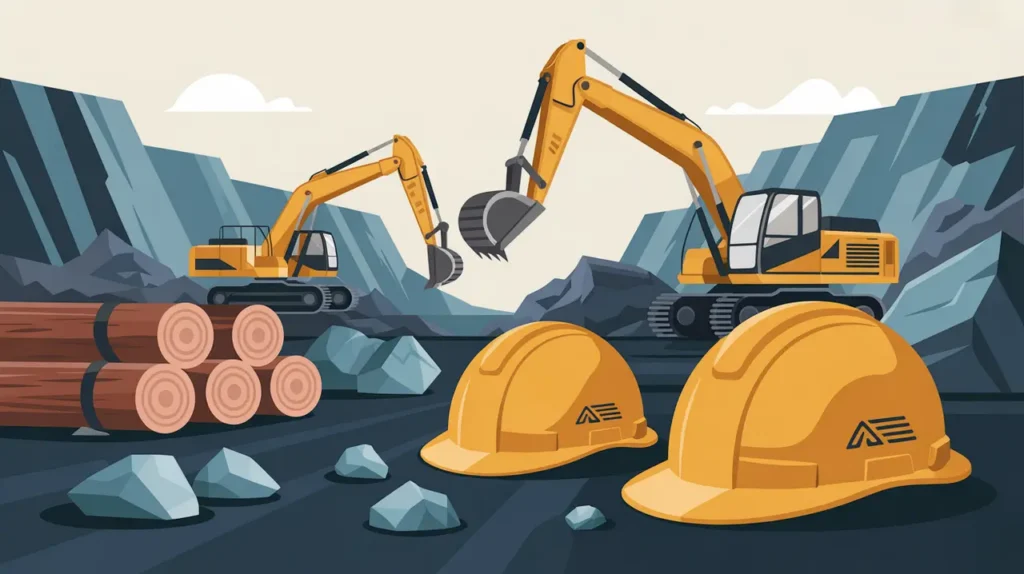Importance of Metals and Minerals
Metals and minerals are fundamental to modern life and economic development. They provide the raw materials for infrastructure, technology, manufacturing, and energy systems. In international development, metals and minerals are both an asset and a challenge: they drive growth and exports but also raise concerns about environmental sustainability, governance, and community rights. For nonprofits and social innovators, the sector matters because mining often takes place in proximate communities, where benefits and harms are most acutely felt.
Definition and Features
Metals and minerals refer to naturally occurring substances extracted from the earth for industrial, commercial, and consumer use. Their defining features include:
- Economic Value: critical inputs for construction, manufacturing, and technology.
- Resource Intensity: extraction requires significant energy, water, and land.
- Environmental Impact: mining can cause deforestation, pollution, and habitat loss.
- Governance Challenges: often linked to corruption, conflict, and inequitable distribution of benefits.
How this Works in Practice
In practice, metals and minerals are extracted through artisanal, small-scale, and large industrial mining. For example, cobalt and lithium mining are central to renewable energy technologies, while gold and diamonds are important export commodities for many low-income countries. Development programs often focus on improving governance, formalizing artisanal mining, and ensuring fairer value distribution. Challenges include poor labor conditions, environmental degradation, displacement of communities, and the “resource curse,” where wealth from resources undermines broader development.
Implications for Social Innovation
Metals and minerals have significant implications for social innovation because they sit at the intersection of economic opportunity and sustainability. Innovations such as ethical certification schemes, circular economy recycling, and transparent supply chain technologies can reduce harm and improve equity. For proximate actors, responsible mining practices ensure that local communities benefit while minimizing environmental and social costs. Metals and minerals are essential for development but require careful governance to ensure long-term sustainability.







